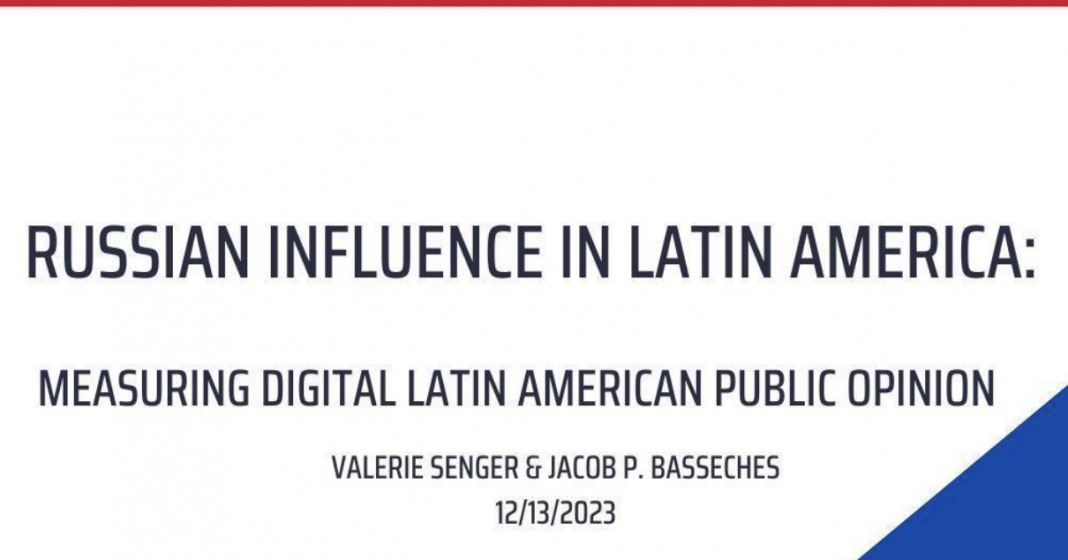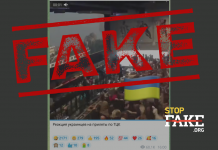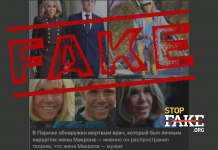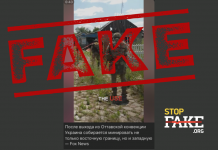This research by Valerie Senger and Jacob P. Basseches (Center for Latin American Studies (CLAS) at Georgetown University’s Walsh School of Foreign Service) deals with Russian growing influence in Latin America. Especially since the Russian invasion of Ukraine in February of 2022, the possibility of it interfering in Latin America has been acknowledged as a serious concern by such U.S. government organizations. Some policymakers have even expressed the belief that Russia seeks to, in the words of Congressman Albio Sires, “threaten democratic aspiration and [development]” as well as to “inflame political polarization and civil disorder” in the region.
By collecting and analyzing Spanish-language tweets related to five key events that occurred during the Russian invasion of Ukraine, authors sought to assess the degree of pro-Russian sentiment in the Spanish-speaking world and whether it was changing over time – and, if so, begin to determine why. This research did indicate an increase in pro-Russian sentiment within high-engagement Spanish-language tweets between the first days of the Russian invasion and the bombing of a restaurant in Kramatorsk in late June of 2023. Furthermore, the increase in pro-Russian sentiment was most consistent among those Spanish-speaking Twitter users based in Latin America. Also there was an increase in user engagement with Spanish-language tweets posted by anonymous users.
These ‘anonymous’ tweets trended sharply pro-Russian in sentiment, and this finding would appear to indicate an increase in intentional influence operations occurring via Twitter since the start of the conflict in Ukraine. These findings align with the assertions made by the U.S. government and a variety of policy experts from around the world, that Russia employs fake social media accounts to manipulate online discourse.
This reserach was conducted under the mentorship provided by Dr. Juan Luis Manfredi, Georgetown’s Prince of Asturias Distinguished Visiting Professor and Dr. Angelo Rivero Santos, Director of Academic Affairs at the Center for Latin American Studies
Edmund A. Walsh School of Foreign Service. StopFake and Dr. Yevhen Fedchenko, StopFake chief editor became the Capstone Partner Organization for this Project.
The research report is here.





